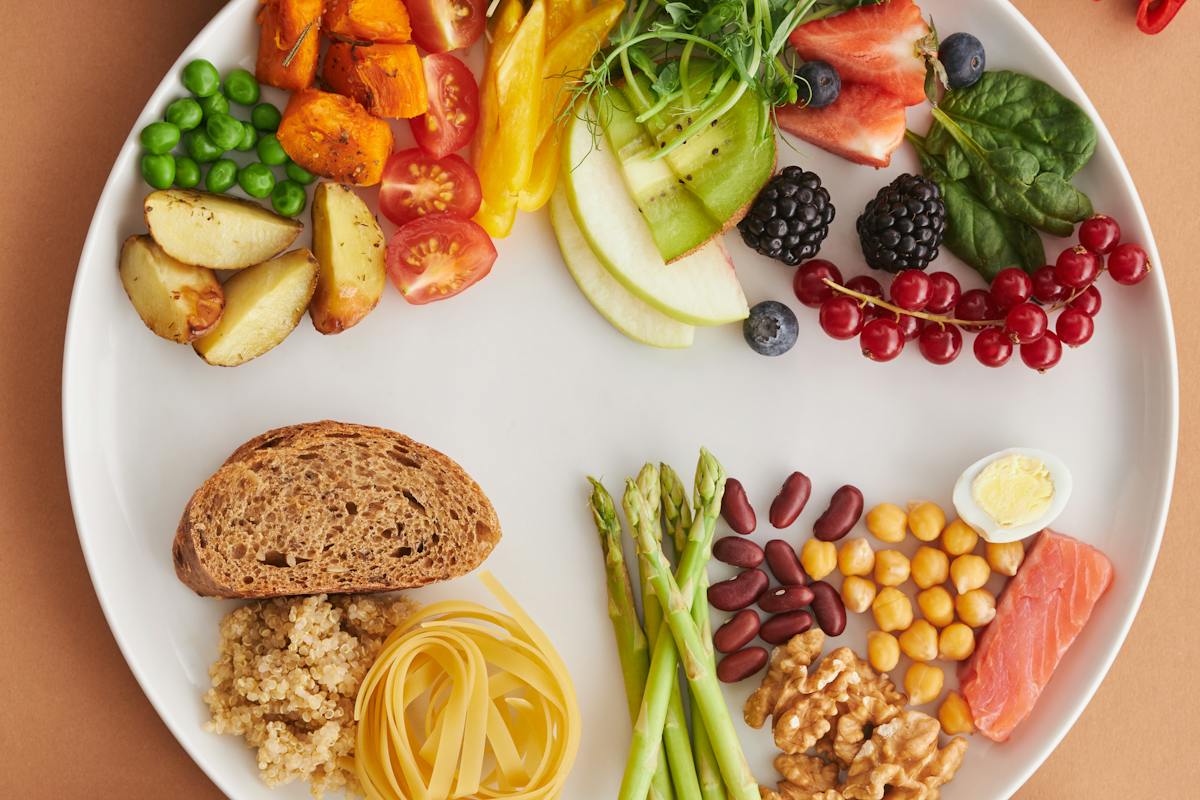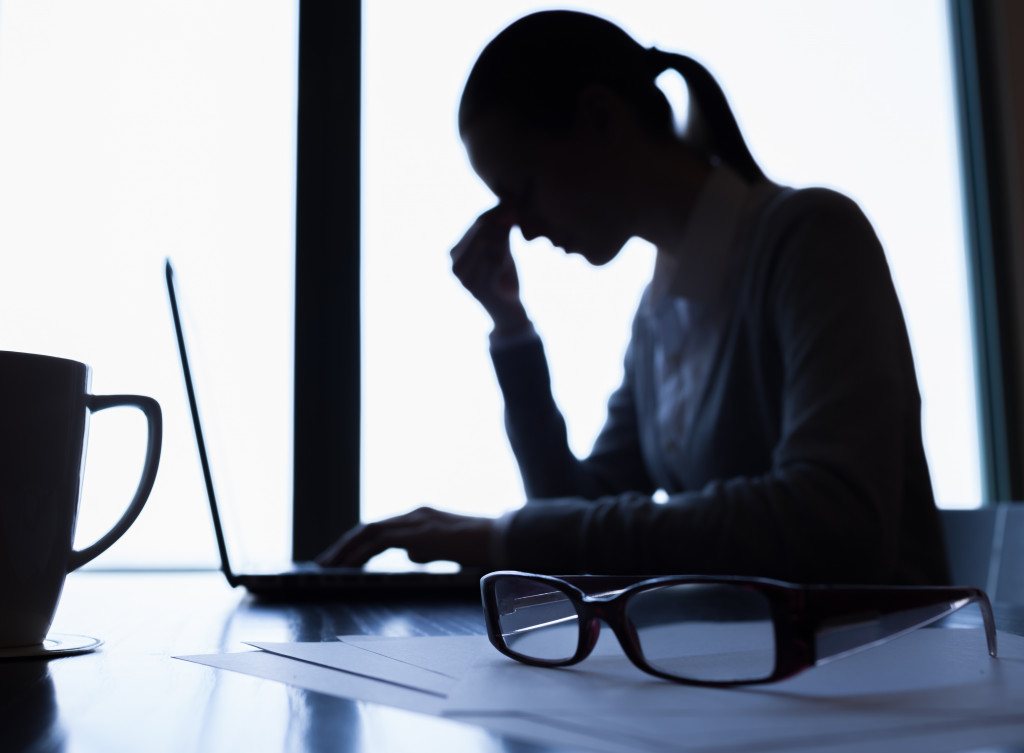- Regular exercise, mindfulness, a healthy diet, adequate sleep, and socializing are significant lifestyle improvements that can help manage anxiety.
- Excessive intake of caffeine and alcohol can exacerbate anxiety symptoms and thus should be moderated or avoided.
- A supportive network of friends and family provides a sense of belonging and self-worth, crucial for mental well-being and anxiety management.
- If anxiety feels overwhelming and beyond self-management, seeking professional help from reputable psychiatrists is essential.
- Managing anxiety is a multifaceted process, but individuals can reclaim their lives with the right strategies and professional help when necessary.
Living with anxiety can often feel like an uphill battle, but it’s important to remember that you’re not alone. Numerous strategies can help you manage your anxiety and lead a normal, fulfilling life. Whether implementing a regular exercise routine, practicing mindfulness, or seeking professional therapy, these techniques can provide the tools you need to navigate the everyday challenges of anxiety. Remember, asking for help and taking steps towards self-care is okay—you’re worth it.
Lifestyle Improvement
Improving your lifestyle through healthy habits and routines can significantly contribute to managing anxiety and enhancing overall well-being. Here are some tips:
Regular Exercise

Regular physical activity is one of the most effective ways to manage anxiety. Exercise releases endorphins in the brain, chemicals acting as natural painkillers and mood elevators, reducing stress and promoting positivity. Additionally, exercise encourages a healthy sleep cycle, which is crucial for mental well-being.
Whether it’s brisk walking, yoga, swimming, or any other form of activity, incorporating at least 30 minutes of exercise into your daily routine can significantly improve your mood and reduce feelings of anxiety. Don’t feel pressured to take on intense workouts; even light physical activity can make a noticeable difference. Remember, the key is consistency. Find a form of exercise you truly enjoy, making it easier to maintain in the long run.
Practice Mindfulness
Mindfulness is a powerful tool for managing anxiety. Focusing on the present moment allows us to accept our thoughts and feelings without being overwhelmed. This practice involves observing your thoughts and emotions without judgment—simply experiencing them for what they are.
Mindfulness can be practiced in several ways, from meditation, where you sit quietly and focus on your natural breathing or a word or phrase you repeat silently, to mindful eating, which involves paying attention to your food’s taste, sight, and texture.
There’s also mindful movement, like yoga and tai chi, which focus on your body’s movements and how they feel in the present moment. Incorporating these techniques into your daily routine can improve mental clarity, reduce stress, and handle anxiety more effectively. Consistent practice is key to reaping the full benefits of mindfulness.
Healthy Eating

Maintaining a balanced diet plays a pivotal role in managing anxiety. Consuming nutrient-rich food fuels the body and mind, directly influencing our mood and energy levels. Incorporating a diverse range of fruits, lean proteins, vegetables, and whole grains into your diet is crucial. Meanwhile, limiting the consumption of processed foods high in sugar and fat is advisable, as they can worsen feelings of anxiety.
Hydration is equally important; inadequate water intake can lead to dehydration, often resulting in headaches and fatigue, triggering anxiety symptoms. Additionally, certain foods are known for their anxiety-reducing properties.
For instance, foods rich in magnesium, such as leafy greens and legumes, and omega-3 fatty acids, found in fish like salmon and mackerel, can combat anxiety. Incorporating these dietary changes can significantly bolster your mental well-being, helping to reduce anxiety levels and enhance overall mood.
Adequate Sleep
Adequate sleep is vital for managing anxiety and promoting overall mental health. Lack of quality sleep can exacerbate anxiety symptoms, leading to heightened stress and difficulty managing emotions. Aim to establish a regular sleep schedule, going to bed and waking up at the same time every day.
This regularity can enhance your natural sleep-wake cycle and promote better sleep quality. It’s also important to create a relaxed sleep environment; keep your room dark, quiet, and cool, and consider using devices like white noise machines or earplugs to block distractions.
Avoiding electronic screens before bed and limiting caffeine and alcohol intake can also improve sleep quality. Remember, everyone’s sleep needs are different. Most adults need 7-9 hours of sleep each night but listen to your body to determine what works best for you. Prioritizing sleep is a critical step in managing anxiety and improving overall well-being.
Limit Caffeine and Alcohol
Excessive caffeine and alcohol intake can significantly exacerbate anxiety symptoms. Caffeine, found in coffee, tea, chocolate, and many energy drinks, is a stimulant that can increase heart rate, blood pressure, and stress and anxiety levels.
Simultaneously, while alcohol may seem to relieve anxiety, as its effects wear off temporarily, it can cause anxiety symptoms to worsen. It’s advisable to moderate your consumption of these substances or even consider cutting them out completely if you’re particularly sensitive.
Replacing caffeinated beverages with herbal teas or water can help, and plenty of non-alcoholic alternatives are available if you choose to limit alcohol. Keep in mind that everyone’s tolerance to caffeine and alcohol differs, therefore it is vital to pay attention to your body and adapt accordingly to meet your specific requirements.
Socialize
Maintaining social connections can significantly aid in managing anxiety. Humans are social beings by nature, and having a supportive network of friends and family provides a sense of belonging and self-worth, key elements for mental well-being. Regular social interactions can help to distract from anxious thoughts and provide an outlet for sharing feelings, reducing the sense of isolation that can often accompany anxiety.
Engaging in positive social activities that make you feel good is important- anything from chatting with a friend to participating in group activities or volunteering in your local community. Remember, it’s not about the quantity of social interactions but the quality. Whether in person or through digital platforms, staying connected with supportive and understanding individuals can greatly enhance your capacity to manage anxiety.
Seek Professional Help
If your anxiety feels overwhelming and self-management strategies aren’t enough, seeking professional help is essential. Consulting with a reputable psychiatrist for anxiety can provide you with specialized guidance and treatment tailored specifically to your needs. Psychiatrists are medical doctors who are experts in mental health, including substance use disorders.
They can diagnose anxiety disorders through a detailed mental health evaluation and physical examination. They can provide psychotherapy (talk therapy) prescribe medications, and other treatments to manage anxiety effectively.
Remember, there’s no one-size-fits-all treatment for anxiety; what works best can depend on various factors, including the type of anxiety disorder, its severity, and your personal preferences and lifestyle. Consulting a reputable psychiatrist for anxiety can be instrumental in helping you understand your symptoms, learn coping strategies, and embark on a journey toward better mental health.
In conclusion, managing anxiety is multifaceted, but you can reclaim your life with the right strategies. Remember to exercise regularly, practice mindfulness, maintain a healthy diet, prioritize sleep, limit caffeine and alcohol, socialize, and seek professional help when needed. Start today; your journey towards better mental health awaits.

